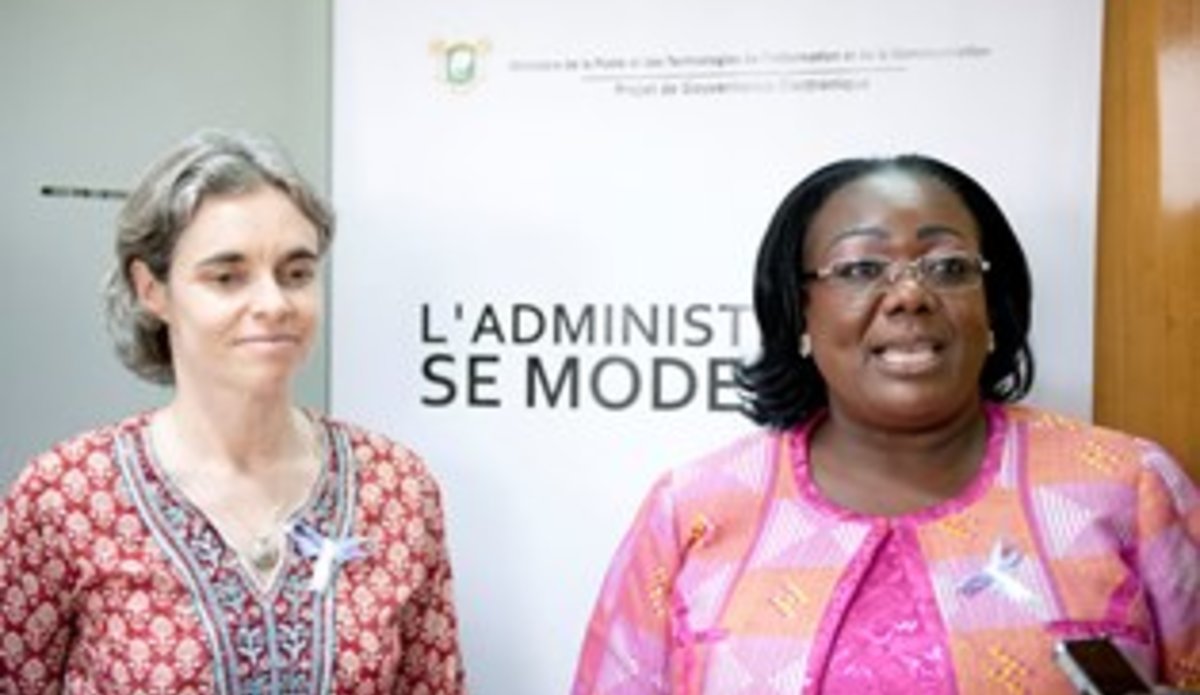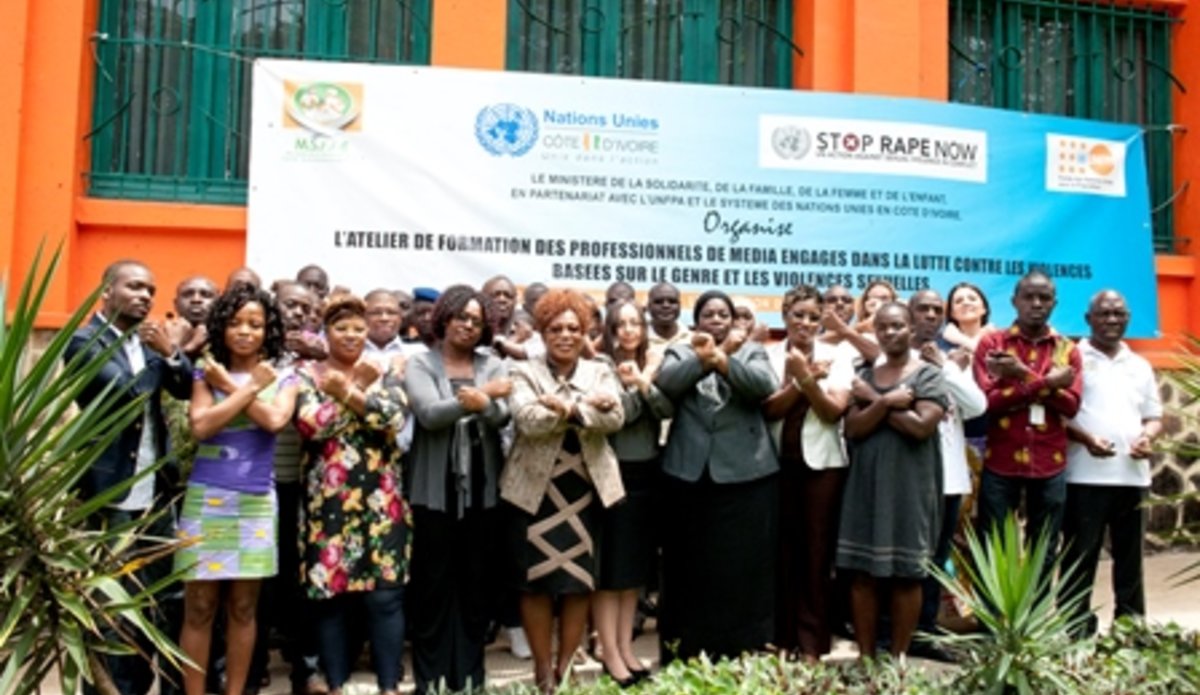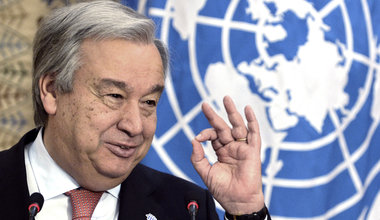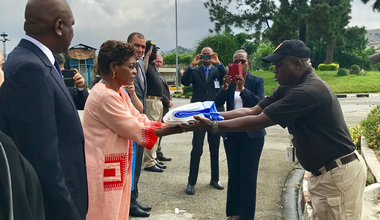UN supports Ivorian national strategy for the fight against gender-based violence

The UN Operation in Cote d'Ivoire (UNOCI) on Friday 5 September 2014 took part in the official launching in Abidjan of the Ivorian national strategy for the fight against gender-based violence.
The launching was organized by the Ministry of Solidarity, Family, Women and Children, in partnership with the UN Action against sexual violence in conflict zones under the auspices of the UN Population Fund (UNFPA). The launching was attended by representatives of government departments, diplomatic missions, technical and financial partners, civil society organizations, the media as well as the UN System.
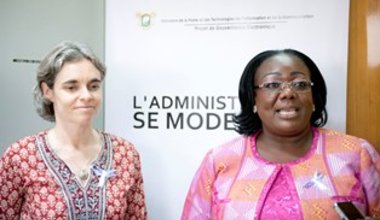
The national Strategy document is the outcome of a process launched by the Ministry of Solidarity between 2006 and 2013 and supported by different partners. It is a broadly participatory document which provides a framework for concerted action aimed at providing a holistic response to the question of gender-based violence in Cote d'Ivoire. "This strategy also takes into consideration the priorities of the post-crisis context such as reconciliation and national reconstruction," declared the Director of the NGO , Fanta Kaba Yaya.
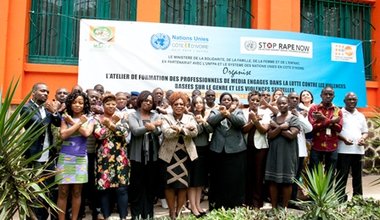
Earlier, UNFPA Representative, Suzanne Maiga-Konate, on behalf of the UN System and more particularly the UN Population Fund, thanked the Ivorian government for having played the leading role and for the confidence which permitted the completion of this document. She disclosed certain statistical information regarding gender-based violence (BGV) in Cote d'Ivoire. "Generally, one out of three women is a victim of BGV in conflict zones or violence perpetrated by her partner at least once in her lifetime; between 2011 and 2013, at least 548 incidents of sexual violence during the post electoral crisis were recorded. Today more than 2 to 3 incidents of domestic violence are taken care of on a daily basis by the appropriate services; 36% of girls below 18 are sent into marriage and 38% of women undergo genital excision with certain regions recording a rate as high as 70%.
Speaking on behalf of the Special Representative of UN Secretary-General in Cote d'Ivoire, the head of UNOCI's Human Rights division, Eugene Nindorera said the Strategy document not only has the merit of taking stock of existing services in charge of taking care of GBV victims and the challenges ahead but also has established orientations regarding the effective and optimal treatment of GBV cases. "Despite progress made in the handling of GBV victims, the level of GBV remains a matter of concern. Many obstacles remain such as the social stigmatization and marginalization of victims, social and cultural taboos, the challenges of reintegration of victims, psychological treatment for victims and geographical and economic disparities in accessing health and legal services and lastly, the large number of cases that go unreported," Mr. Nindorera elaborated.

In her closing address, the Minister of Solidarity, Family, Women and Children, Anne-Desire Ouloto expressed government's profound gratitude to the UN for its crucial contribution to the elaboration of the Strategy document and for its leading role in the fight against GBV, notably in the adoption and the putting in place of legal mechanisms capable of strengthening the protection of women and vulnerable persons. She said Cote d'Ivoire was proud to present this ambitious Strategy which requires the mobilisation of additional resources from technical and financial partners for the 2014-2016 period.
It would be recalled that within the framework of the campaign "Stop rape now' launched by the UN Action against sexual violence in conflict zones, a sensitization seminar was organized for some 20 media practitioners on 3 September 2014 on the fight against GBV including sexual violence. At the end of the workshop, the media practitioners both from the written press and radio made a commitment to ensure a greater sensitization of the public in order to change their behavior.
 UN
UN United Nations Peacekeeping
United Nations Peacekeeping

